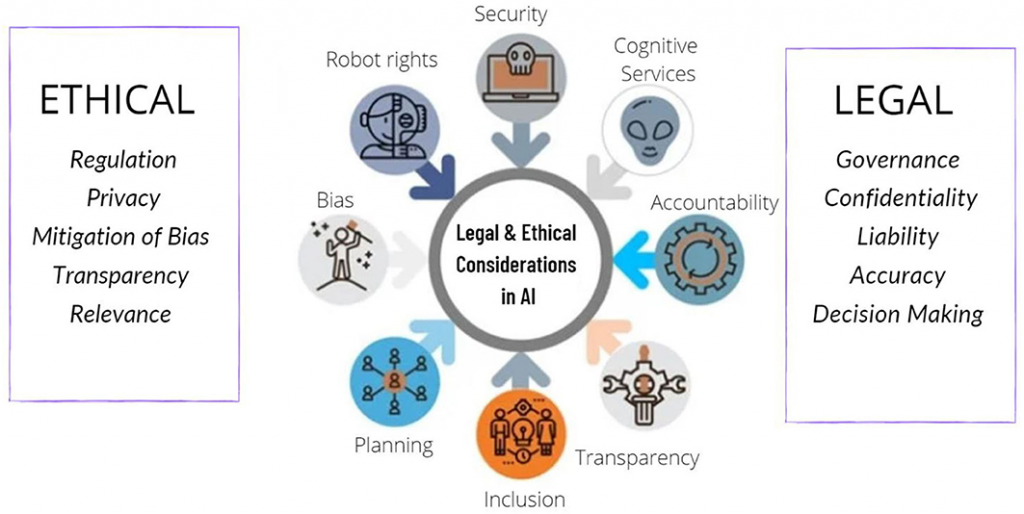
As technology continues to advance, the use of predictive analytics has become increasingly prevalent across various industries. Predictive analytics involves the use of algorithms and statistical models to analyze data and make predictions about future events or behaviors. While this technology has many potential benefits, there are also ethical considerations that must be taken into account. In this article, we will explore these considerations and discuss the impact that predictive analytics can have on society.
Introduction
Predictive analytics has the potential to revolutionize the way we make decisions, from predicting consumer behavior to identifying potential health risks. However, as with any new technology, there are ethical concerns that must be considered. These concerns include issues such as data privacy, bias, and accountability. In this article, we will delve deeper into these topics and explore the ethical implications of using predictive analytics.
Data Privacy
One of the primary ethical concerns with predictive analytics is data privacy. Predictive analytics relies heavily on data, and this data is often collected from individuals without their knowledge or consent. This raises questions about who has access to this data, how it is being used, and whether individuals have the right to control their own personal information.
Furthermore, there is a risk that this data could be used for nefarious purposes, such as discrimination or targeted advertising. For example, if an employer uses predictive analytics to analyze job applicants, they may inadvertently discriminate against certain groups of people based on factors such as race or gender.
Bias
Another ethical concern with predictive analytics is bias. Predictive analytics algorithms are only as good as the data they are trained on, and if this data is biased, then the algorithm will be biased as well. This can lead to unintended consequences, such as perpetuating existing inequalities or unfairly penalizing certain groups of people.
For example, if a predictive analytics algorithm is used to determine creditworthiness, it may inadvertently discriminate against certain groups of people who have historically been denied access to credit. This could perpetuate existing inequalities and make it even more difficult for these individuals to access financial services.
Accountability
Finally, there is the issue of accountability. As predictive analytics becomes more prevalent, it is important to ensure that those who are using it are held accountable for their actions. This includes not only the developers of these algorithms but also the organizations that are using them.
For example, if a predictive analytics algorithm is used to make decisions about hiring or promotions, it is important to ensure that these decisions are fair and unbiased. If an organization is found to be using biased algorithms, they should be held accountable for their actions and required to take steps to address the issue.
Conclusion
Predictive analytics has the potential to revolutionize the way we make decisions, but it is important to consider the ethical implications of this technology. Data privacy, bias, and accountability are all important considerations that must be taken into account. By addressing these concerns, we can ensure that predictive analytics is used in a way that is fair, ethical, and beneficial to society as a whole.
Email- contact@devopsschool.com

 Starting: 1st of Every Month
Starting: 1st of Every Month  +91 8409492687
+91 8409492687  Contact@DevOpsSchool.com
Contact@DevOpsSchool.com
